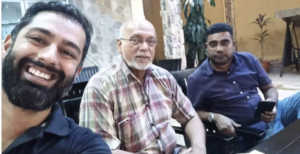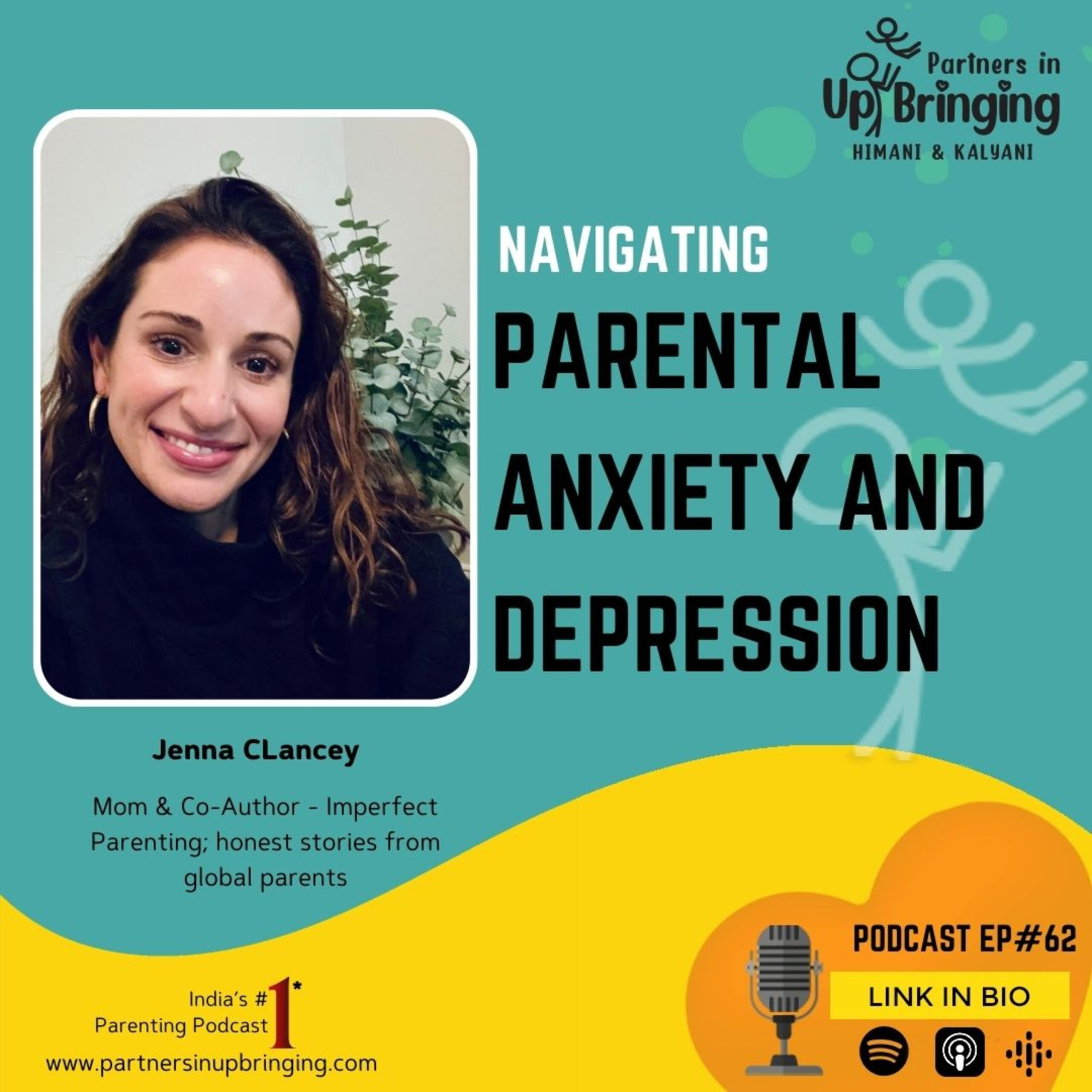At www.globalindianseries.com, we proudly serve as a fertile ground for open and liberal conversations. We believe in fearlessly and impartially welcoming guests from all walks of life, for we know that honest discussions pave the way for thriving societies.
Our podcasts have reached audiences in over 48 countries, and we've had the honour of hosting esteemed Heads of State who courageously delved into thought-provoking topics. From President Museveni of Uganda sharing insights on Ugandaness to distinguished members of the House of Lords, such as Baroness Usha Prashar shedding light on the origins of institutional racism, or Lord Indarjit Singh examining the influence of religion on the state, our fly-on-the-wall discussions have captivated listeners worldwide.
But our presence extends beyond boundaries. In the Caribbean, we've engaged with notable figures like H.E Mark Brantley of Nevis, the late Sir James Mitchel of St Vincent and the Grenadines, and H.E Donald Ramotar of Guyana. Through these conversations, we've deepened our understanding of how nations are defined and confronted the pressing issues they face. Leading voices from the region have united to bridge ethnic divides and foster common sense discussions, resonating with global minds while challenging local attitudes.
Recently, following a meeting with the High Commissioner for Trinidad and Tobago, an intriguing request was made by the government's current administration, led by PM Rowley. They sought an opportunity to "set the record straight" amidst allegations of ethnic biases within their ranks. Trinidad and Tobago has become a battleground for identity politics. The government believed that our previous podcasts on the country, including one where Kirk Meghoo explored national identity, failed to portray the social cohesion they claim to have achieved accurately.

Rajan Nazran (left) with Global Indian Ambassador and former President of Guyana, Donald Ramotar (middle)
Here's where the plot thickens: through the High Commissioner, the government officially requested an invitation to join our platform. However, despite my efforts to extend the invitation, they ignored and rejected it. Given the rising tensions and the divisive tendencies of political administrations, this should come as no surprise. Such actions seem to embody the scapegoating of the "other," a dangerous trend that hampers progress.
The current administration may have yet to realise that the legitimacy of a government's reputation as a unified nation lies not in the empty rhetoric of selective virtue signalling but in the substance of its actions. In this case, their refusal or intentional disregard for the very invitation they had sought leaves us to ponder their motives. The administration has a long way to go in upholding its ideals of free and fair discussions.
Should public officials be held accountable for such intentional actions? Share your thoughts in the comments below, and let us uncover the truth together.
-------------------------------









